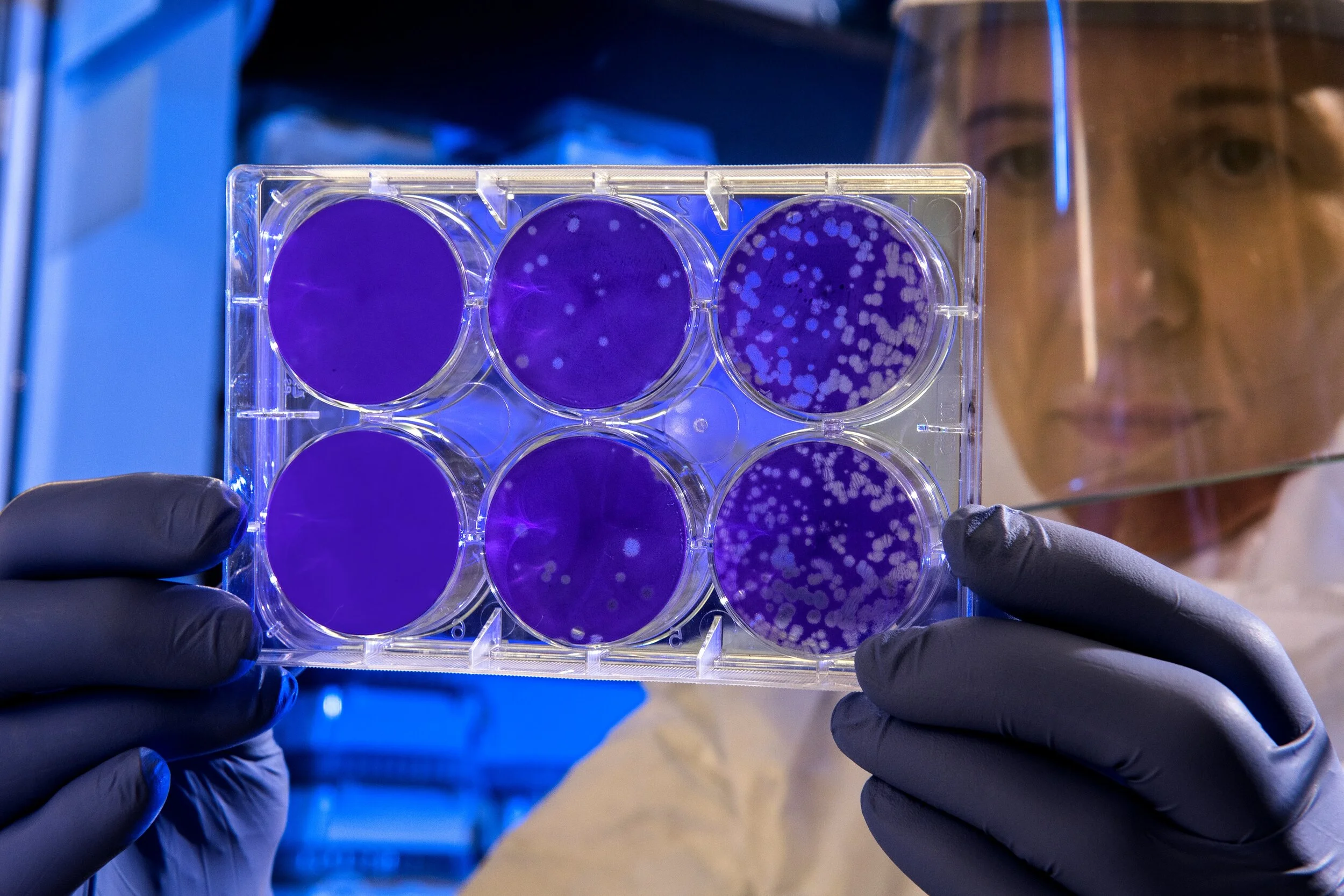Tell the EPA Why Restricting Science Is Disastrous to Our Health and Environment
contributed by the Union of Concerned Scientists, Center for Science and Democracy
As the country is understandably focused on the coronavirus pandemic, the Trump administration has chosen this moment to release its long-planned proposal for the restricted science rule. This rule would allow the Environmental Protection Agency (EPA) to exclude or give less attention to countless critical scientific studies during its decision-making processes.
Raise your expert voice and tell the EPA why the restricted science rule goes against its mission to protect public health and the environment. Commit to taking action now and we will send a guide directly to you with the best practices, prompts, and hands-on resources you need to draft and submit an effective public comment.
If the timing of this release wasn't bad enough, the EPA is doubling down with a "supplemental proposed rule" that would be even more egregious in limiting the research and data—including thousands of public health and epidemiological studies—that the EPA can use to make informed policy decisions under major public health and environmental laws, including the Clean Air Act, Safe Drinking Water Act, and Toxic Substances Control Act.
If this proposal to restrict science becomes a rule, it will result in the handcuffing of EPA scientists, compromised EPA assessments, and deficient standards that fail to protect us from environmental hazards.
Public comments are due to the EPA by Monday, May 18th. Tell the EPA why its proposed restricted science rule will devastate our ability to make informed public health and safety protections. We'll provide the tools you need to highlight your expertise and draft an effective public comment.
The EPA must respond to all points raised during the comment period—so it's crucial that you add your expert voice to the public record and help document how this proposal will negatively impact the EPA's mission to protect public health and the environment. In addition, arguments made through this process are often used as evidence for any future court challenge.
Especially in light of the coronavirus pandemic, we can't divert our attention from pushing back against this dangerous proposal that would further handcuff our ability to address public safety challenges. Commit to submitting a comment and we'll send you everything you need.

